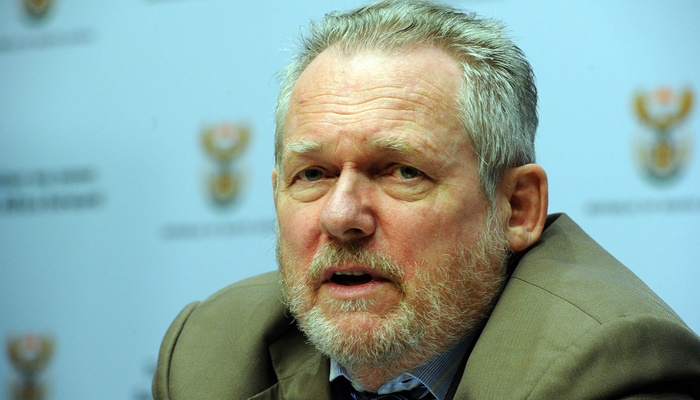On September 17, the Department of Trade and Industry (DTI) published the National Gambling Amendment Bill of 2016 (pdf) and it will be open for public comment for a period of 45 days, until November 15, 2016, as announced by South Africa‘s Minister of Trade and Industry, Rob Davies (pictured), during a media briefing in Parliament on Monday, according to the press release.
Highlighted by Minister Davies, was the need for vigorous public engagement on the issues raised in the Bill in order to minimize the social ills generally associated with gambling and to curb online gambling. Only online sports betting, which constitutes bookmaking, is legal in South Africa, any other type of online casino gambling remains illegal. Davies also said that while the gambling industry contributes significantly to employment and the GDP in South Africa, the fact remains that it has a negative effect on gambling addiction. Davies noted that more than €1.1 billion in casino-related activities was lost by South Africans in 2014 and that on average about R3000 monthly is spent by gamblers in the country.
In December last year, the Survey of Casino Entertainment for the fiscal year 2014-2015 was published by the Casino Association of South Africa (CASA) The figures indicated that in 2015 there was a significant increase in contributions to the country’s economy from the previous year by the casino industry. The contribution translated to R17.2 billion to the gross domestic product in South Africa. The significant increase was believed to be a direct result of the anti-illegal gambling campaign launched by CASA.
Proposed changes to aid in curbing illegal gambling include repealing the portion of the 2004 Gambling Act which requires the government to appeal to the High Court in order to confiscate illegal gambling winnings. The proposal by the DTI would enable the automatic forfeiture of illegal winnings to the new National Gambling Regulator.
Published in 2008, the National Gambling Amendment (pdf) seeks to legalize online casino gambling (interactive gambling) and make provisions for the regulation of the market in South Africa.



